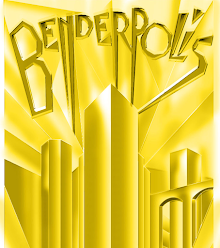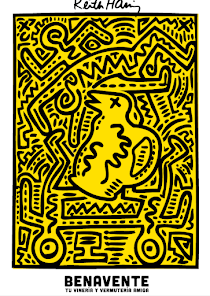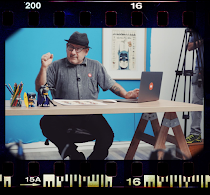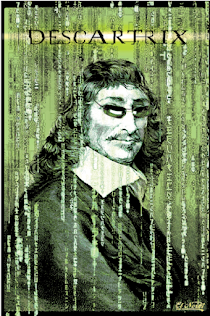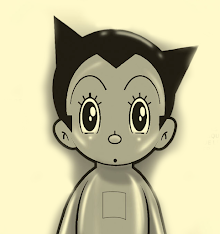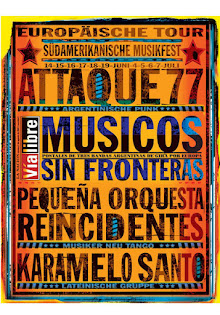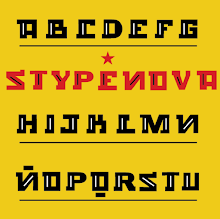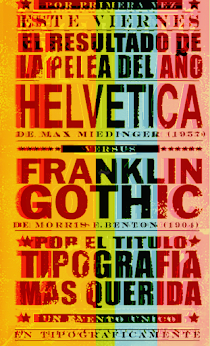Lo Mejor 2012: Haciendo Typogami
 No es un tipógrafo consagrado. Pero el holandés Jeroen Krielaars es muy creativo. Desde su estudio, Calango de Amsterdam, Holanda, este especialista en motion graphics, había creado la "Typogami". Como su nombre lo indica era una tipografía inspirada en las artes japonesas del origami. Hablamos con él, antes que nadie.
No es un tipógrafo consagrado. Pero el holandés Jeroen Krielaars es muy creativo. Desde su estudio, Calango de Amsterdam, Holanda, este especialista en motion graphics, había creado la "Typogami". Como su nombre lo indica era una tipografía inspirada en las artes japonesas del origami. Hablamos con él, antes que nadie.



Te lo habíamos prometido y hoy cumplimos. En las redes explotó una tipografía basada en el viejo arte japonés de doblar papeles. Se llama Typogami y es una font animada que creó el diseñador o holandés Jeroen Krielaars, del estudio Calango. Está realizada en After Effects. A continuación, una breve charla con su creador, exclusivo para Visualmente.
1. How did you decide to make a typeface based on origami?
I always draw a lot of inspiration from Japanese culture. I did some tactile typography with origami once. After the success of Moshun I decided to combine the idea of origami and kirigami with animated typography.
2. How was the creative process? He worked with pencil and paper?
I used some pen and paper for the first sketches, but I quickly moved to illustrator and after effects to create the typeface. It was all very clear in my head from the start, so I could move straight into production.
3. Long did it take to finish?
It took about a week from the first sketches to the end result. I already figured out how to ste everthing up during the production of moshun.
4. What you think would be best to use?
It could work really wel for titles and stuff like that. But in the end, it all depends on the users creativity.
5. What is the best letter finished?
Not sure. I like the letter B myself.
6. How did you decide that you can customize?
The typeface is meant for motion designers to use. As a motion designer myself, I know I like to have some freedom to make things my own. It would not be any fun if every project with Typogami looks the same.

